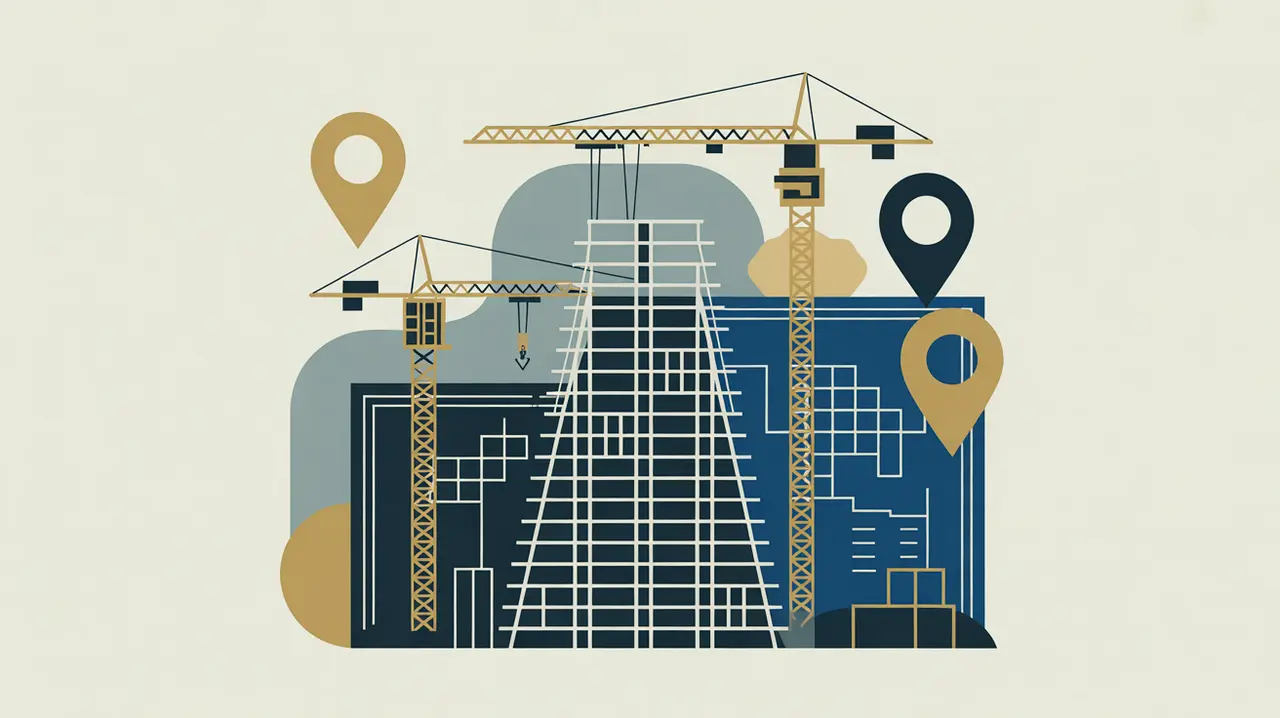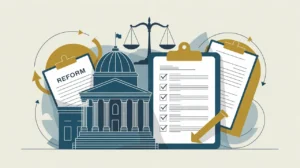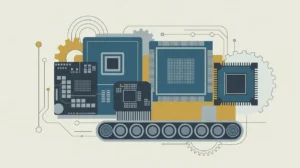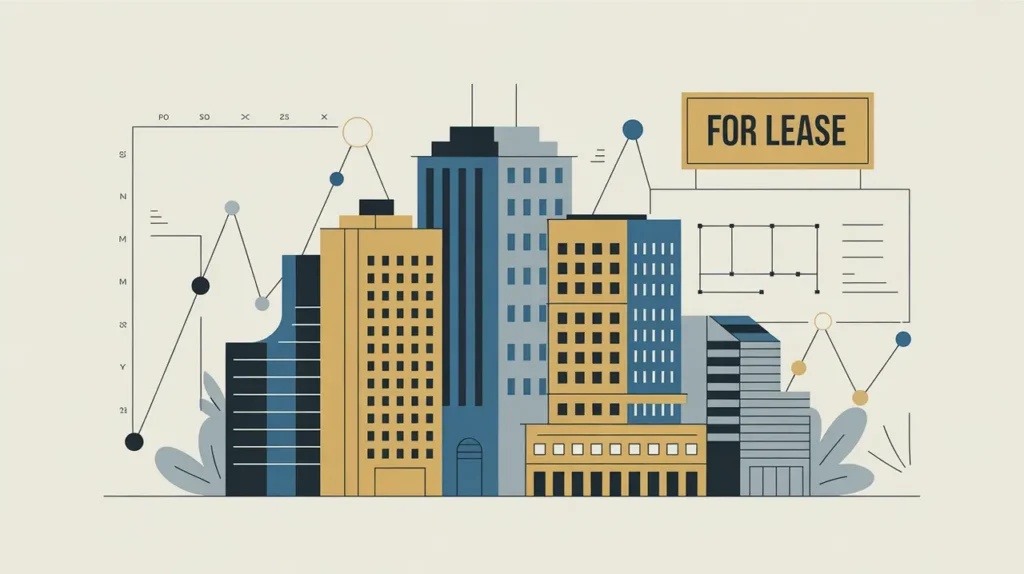Importance of Real Estate Development
Real estate development is a driver of urban growth, economic opportunity, and community transformation. It shapes how cities expand, how housing markets function, and how public and private spaces are designed. In international development, real estate development influences access to affordable housing, infrastructure, and commercial spaces that support livelihoods. For nonprofits and social innovators, it matters because it intersects with land rights, equity, and sustainability. Its importance lies in balancing economic growth with social inclusion and environmental responsibility.
Definition and Features
Real estate development refers to the process of acquiring land, financing, designing, constructing, and managing properties for residential, commercial, or public use. Its defining features include:
- Urban Planning: aligning projects with zoning laws and community needs.
- Capital Investment: involving significant financial resources and long-term commitments.
- Mixed-Use Potential: combining residential, commercial, and social spaces.
- Risk and Return: balancing profitability with community and environmental impacts.
How this Works in Practice
In practice, real estate development is carried out by private developers, governments, and public 6private partnerships. For example, projects may range from affordable housing complexes and office parks to urban renewal initiatives and shopping centers. Development agencies sometimes support projects that expand access to housing or stimulate local economies. Challenges include rising land costs, displacement of vulnerable communities, informal settlements, and inadequate attention to environmental sustainability.
Implications for Social Innovation
Real estate development has significant implications for social innovation because it directly affects how people live, work, and interact in shared spaces. Innovations such as green building design, inclusive zoning policies, and community land trusts help align real estate development with social and environmental goals. For proximate actors, equitable real estate development ensures access to secure, affordable, and sustainable spaces. Real estate development is essential for shaping inclusive and resilient communities.







